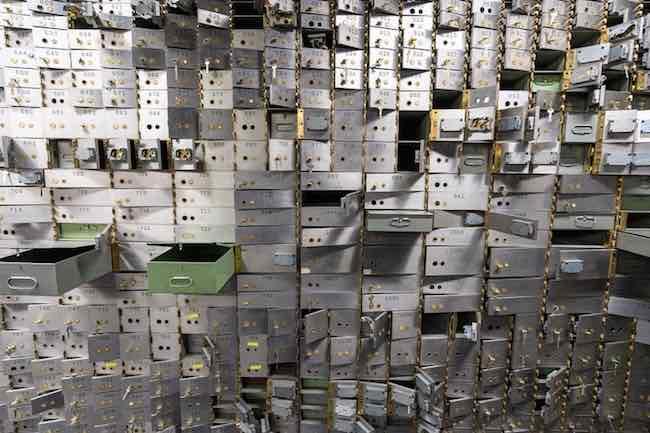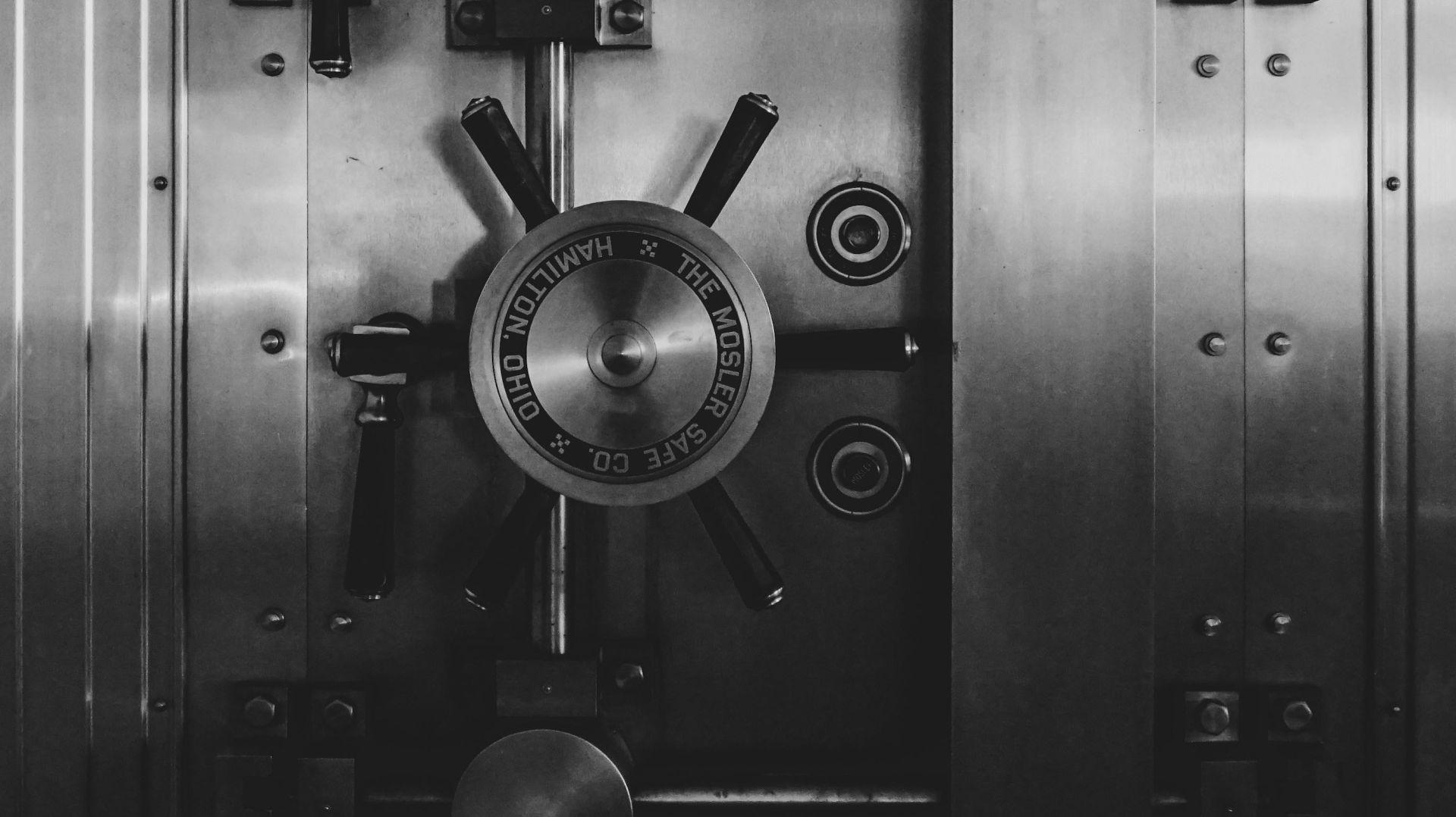

Diversify Your Assets With An Offshore Account
An Offshore Bank Account refers to the use of banking services in a foreign jurisdiction , where the individual resides outside the jurisdiction where the bank is located. If you are a UK person with a bank in the U.S. for example, you are using offshore banking. The term offshore is really just used to separate domestic and foreign banks.
Offshore banks are regulated by laws defined specifically within each jurisdiction and exist as per their regulations. Each banking entity operates under a Banking License governed by that specific state or governmental authority. To exist as a banking institution it must also comply with international banking standards and regulations that must be meet regularly to continue dealing with correspondent banks.


The financial crisis of 2008 showed how fragile the traditional banking system really is. In the US alone over 500 banks collapsed . Many regular individuals lost their life savings, investments, retirements, and mortgages. Over 10 million people in the United States alone lost their homes.

Some offshore private banks are 100% liquid, that means they keep all of their assets on hand and do not lend out your money
Protect your wealth from domestic political or economic fluctuations by diversifying your assets across jurisdictions and accounts. This allows for a stable long-term savings portfolio that will not be affected by the downturn of just one economy.


As of 2014, the United States Foreign Account Tax Compliance Act (FATCA) makes it very difficult for any U.S. citizens or residents to obtain any type of banking secrecy. This is due to the United States reporting obligations forcing foreign banks to send tax information regarding any assets held by a US citizen. If they refuse they risk losing their banking ties with American correspondent banks, being blacklisted and essentially cut off from all American capital.
U.S. citizens have for several years now been required to report their ownership of any foreign held account with deposits of more than US$10,000 through FBAR. The only thing that has changed is that now the United States government has made it much more difficult for individuals and their corresponding banks to get away with not reporting their foreign accounts.
Though it may be much easier than ever before, the environment is more difficult to navigate due to all the changes taking place. Global banking laws are tighter and constantly evolving with many new regulations, plus offshore banks are more hesitant to take clients who have certain shell companies or holding companies formed in non-compliant jurisdictions, fearing being blacklisted by the OECD, tariffed by the US or bullied out of the global banking system by correspondent banks.
Not that this vastly changes things for most people per se. What it does mean is that individuals should seek professional guidance from an offshore tax professional or consultant and conduct thorough research to make sure you are getting it done right.
There are many different types of offshore accounts. For clarity’s sake, we will be making a distinction only between two different types of offshore banking accounts that generally operate differently.

Opening an offshore bank account is very affordable. In fact, one can usually do so with as little as several hundred pounds with minimal documentation in as little as a few days.
Some foreign accounts have minimum balances of as low as 300 USD. Though one may ask, 'ok where's the catch, how do offshore banks make their money?' Good question, with a very simple answer.
They generally make their money on transaction fees as having low-overheads allows them to give more benefits and higher returns.
They also usually provide a wealth of other financial services, in-house investment options, wealth management and brokerage accounts, where they make a substantial share of their profits. The fact is offshore banking accounts have always been readily available, even for individuals without a considerable nest egg. And today, with readily available information, it is easier than ever.
For more: Setup a Bank Account No Credit Can Touch

Opening an offshore bank account is much simpler than its often made out to be. Despite all the negative associations an international bank account has many similarities as your traditional onshore domestic bank.

Offshore Bank Account Update : If you are looking for privacy and asset protection we recommend offshore business accounts. Offshore personal accounts do not offer the privacy and asset protection you are looking for. We suggest using offshore corporate accounts or a private Swiss account. Get in touch for more info.
We offer banking solutions with the following
partnership banks:
We offer banking solutions with the following partnering banks:
Offshore In One specializes in custom offshore strategies to diversify your wealth and protect your assets so you can live on your terms.
Company Formation
Offshore Bank Accounts
Get In Touch